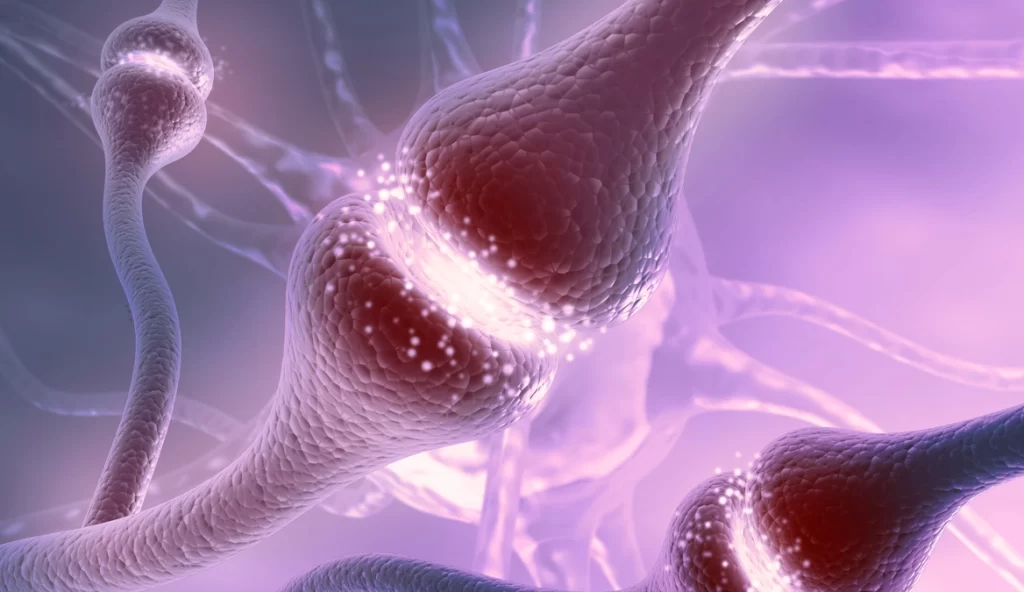Dopamine is a type of monoamine neurotransmitter. It is involved in the control of movement, emotional response, and the experience of pleasure and pain. It is produced in the brain and released by the hypothalamus, pituitary gland, and adrenal glands. Dopamine functions as a neurotransmitter, activating the dopaminergic receptors.
The role dopamine plays in learning
I’m currently working towards my certification as a Brain-centric Instructional Designer (BcID) and have known for the longest time time that facilitators, teachers, and trainers who increase dopamine intentionally during the learning process have a higher impact on learning. The reader should consider “the learning process” to extend beyond the immediate learning environment. It begins at some point before the learner enters the learning environment and extends well beyond it. To that end I wanted to better understand how dopamine can be intentionally generated to improve learning retention. Of course, as you’ll see from this post and this entire blog – this question also extends well beyond the scope of learning and has ripple effects in many other areas of our lives.
In addition to learning, Dopamine also effects:
- Attention
- Mood
- Movement
- Memory
- Pleasurable reward and motivation
- Behavior and cognition
- Rest and arousal
Dopamine plays an important role in regulating the Reward System, which is critical to learning. When we Take in new information, our brain starts to piece it together with existing knowledge and memories. The more connections our brain makes, the stronger that Memory becomes. Dopamine is released every time we accomplish a task or Learn something new. This release reinforces the behavior that led up to the reward, making us more likely to do it again in the future. Therefore, Learning requires dopamine!
Dopamine provides a sense of pleasure and satisfaction. When we accomplish something or learn something new, dopamine is released in the brain, helping us to feel good about ourselves and our abilities. This encourages us to keep going and continue learning. Additionally, dopamine helps improve focus and concentration, which are both important for learning effectively. Low levels of dopamine have been linked with poor memory and retention, so making sure we have enough dopamine can help ensure that we’re able to store new information properly and recall it when needed.
Natural Ways to increase dopamine levels:
1. Get plenty of exercise.
Exercise releases dopamine as well as other feel-good chemicals like endorphins. Exercise has numerous benefits for overall health, and it can also help to increase dopamine levels. Regular physical activity helps to improve brain function and cognition. Eat foods that contain tyrosine or phenylalanine (both amino acids)
2. Eat healthy foods.
Eating nutritious foods helps the body to function optimally, including dopamine production. Include plenty of fresh fruits and vegetables, whole grains, lean protein, and healthy fats in your diet. Eat foods that are high in protein and healthy fats. Protein and healthy fats help to keep dopamine levels stable, while sugar causes them to fluctuate wildly. Eat foods that contain tyrosine or phenylalanine (both amino acids)
3. Take supplements that promote dopamine production.
Supplements such as L-tyrosine or Mucuna pruriens extract ( Parkinson’s disease is associated with low dopamine levels). Use supplements that increase dopamine levels (such as L-theanine). Other supplements, such as omega-3 fatty acids, vitamin D, and magnesium, have been shown to boost dopamine levels. Speak with a healthcare professional before taking any supplements to ensure they are right for you.
4. Practice meditation.
Meditation has been shown to improve dopamine levels and cognitive function. Practice meditation regularly to reap the benefits.
5. Drink coffee or tea.
Caffeine increases dopamine levels.
6. Get enough sleep
Sleep is essential for overall health and well-being, and it also plays a role in dopamine production. A good night’s sleep can help increase dopamine levels and improve cognitive function.
7. Avoid drugs and alcohol.
Drugs and alcohol can have a negative impact on dopamine production, so it is best to avoid them if possible. If you do use drugs or alcohol, be sure to do so in moderation.
8. Get regular sun exposure.
Sunlight helps the body to produce vitamin D, which is essential for dopamine production. Spend time outside in the sun every day, or take a vitamin D supplement if you don’t get enough sun exposure.
9. Listen to music.
Listening to music can also help to increase dopamine levels. Whether you listen to music on your own or with friends, it can be a great way to relax and improve your mood.
10. Connect with others.
Social interaction is important for overall health and well-being, and it can also help to boost dopamine levels. Make time to connect with friends and family regularly.
11. Do something you enjoy.
When you do something you enjoy, dopamine is released, which can help to improve your mood and sense of well-being. Find an activity that you love and make sure to schedule time for it in your week.


